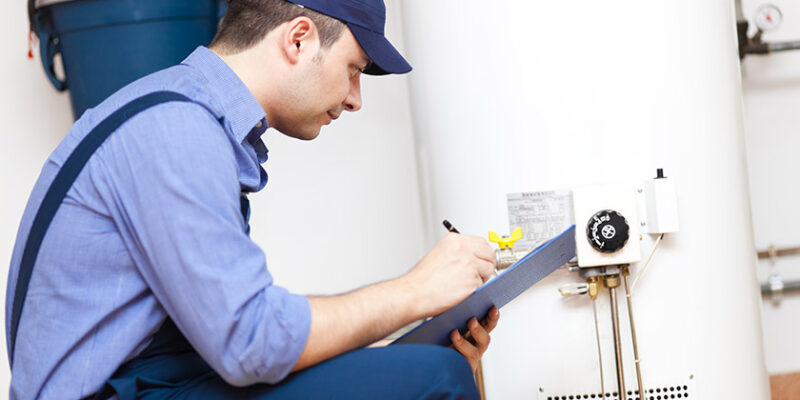
Introduction
Welcome to our comprehensive guide on water heater replacement. At [Your Company Name], we understand the importance of a well-functioning water heater in providing you with hot water for your daily needs. Whether you’re looking to upgrade your existing water heater or facing issues that require a replacement, we’ve got you covered. In this article, we will delve into the various aspects of water heater replacement, guiding you towards making an informed decision that ensures efficiency and comfort in your home.
The Need for Water Heater Replacement
Signs of a Failing Water Heater
Over time, water heaters may start exhibiting signs of wear and tear, indicating the need for a replacement. These signs include:
- Inconsistent or Insufficient Hot Water: If you frequently experience fluctuations in water temperature or find yourself running out of hot water sooner than usual, it could be a sign that your water heater is struggling to meet your demands.
- Age: Most water heaters have a lifespan of around 8-12 years. If your water heater is nearing or has surpassed this timeframe, it’s advisable to consider a replacement to avoid sudden breakdowns and increased energy consumption.
- Strange Noises: Popping, rumbling, or banging sounds coming from your water heater can be indicative of sediment buildup or internal damage, necessitating a replacement.
- Leakage: The presence of water pooling around your water heater is a clear indication of a leak. While minor leaks might be repairable, significant leakage often calls for a replacement to prevent water damage and mold growth.
- Rusty Water: If you notice rusty water coming out of your taps or from the water heater itself, it could indicate corrosion within the unit. A replacement becomes essential to ensure water quality and prevent further damage.
Choosing the Right Water Heater
Types of Water Heaters
When considering a water heater replacement, it’s crucial to choose the right type based on your needs and preferences. Here are some popular options:
- Conventional Storage Tank Water Heaters: These are the most common type of water heaters, storing and heating water in a large tank. They are relatively affordable but may lead to energy wastage as the water is constantly heated.
- Tankless Water Heaters: As the name suggests, tankless water heaters heat water on demand, providing hot water whenever you need it. They are energy-efficient and save space but may have higher upfront costs.
- Heat Pump Water Heaters: These water heaters extract heat from the surrounding air or ground and use it to heat the water. They are highly efficient but may require more space for installation.
- Solar Water Heaters: Utilizing solar energy, these systems are environmentally friendly and can significantly reduce energy costs. However, they are dependent on sufficient sunlight and may require additional components.
Considerations for Efficient Replacement
To ensure an efficient water heater replacement, keep the following considerations in mind:
- Size: Select a water heater that suits your household’s size and hot water demands. An undersized unit may result in inadequate hot water, while an oversized one can lead to unnecessary energy consumption.
- Energy Efficiency: Look for water heaters with a high energy efficiency rating, such as ENERGY STAR® certified models. Opting for energy-efficient units helps reduce utility bills and promotes sustainability.
- Installation: Proper installation is crucial for the optimal performance and longevity of your water heater. It’s recommended to hire a professional plumber experienced in water heater replacements to ensure a seamless installation process.
- Maintenance and Warranty: Regular maintenance is essential to extend the lifespan of your water heater. Additionally, check the warranty terms to understand the coverage and duration, providing you with peace of mind.
Professional Water Heater Replacement Services
At [Your Company Name], we specialize in water heater replacements and offer professional services to ensure a hassle-free experience. Our team of experts will guide you through the entire process, from selecting the right water heater to its installation and post-service support.
Conclusion
In conclusion, when it comes to water heater replacement, it’s essential to recognize the signs of a failing unit and take appropriate action. By understanding the different types of water heaters available and considering key factors such as size, energy efficiency, and professional installation, you can ensure a smooth transition to a new and efficient water heating system.















